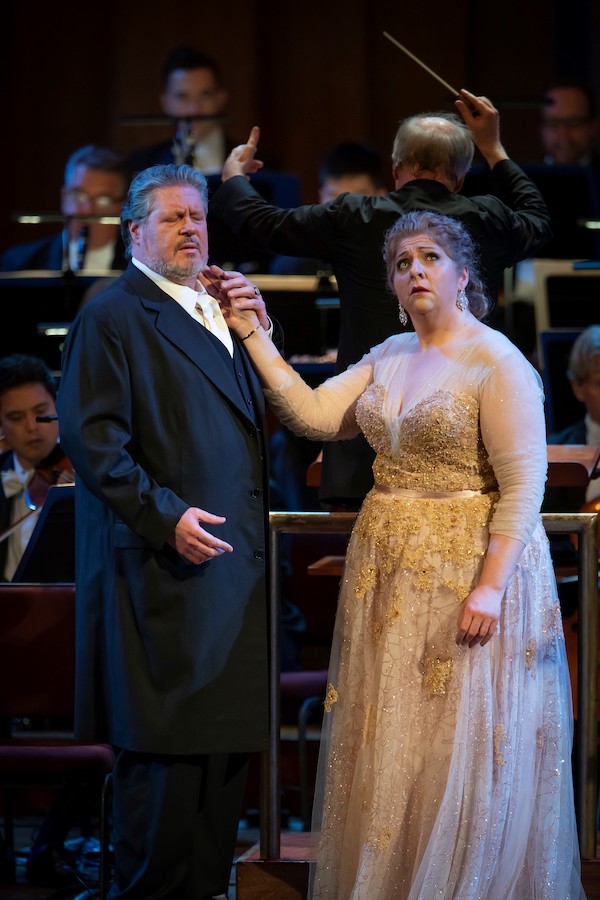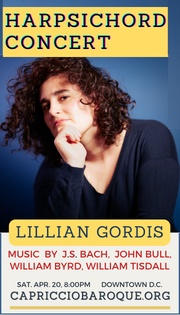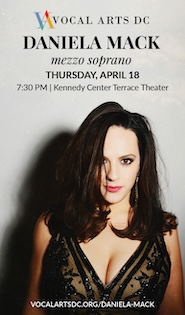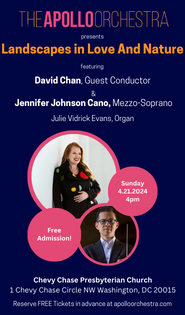Goerke’s intimate Isolde contrasted with Gould’s sensational Tristan in NSO’s night of Wagner

Christine Goerke triumphed as Brünnhilde in the Metropolitan Opera’s Ring Cycle last season. Here in Washington we’ve just heard her astounding Immolation Scene from Wagner’s Götterdämmerung at last spring’s Washington National Opera gala.
This week’s program with Gianandrea Noseda and the National Symphony Orchestra features the American soprano’s first performance of the title role in the composer’s Tristan und Isolde. Wednesday night’s concert performance consisted only of Act II, yet still posed a test of Goerke’s stamina–as for all sopranos–with the extended love duet at the opera’s core.
This was not an Isolde principally about unbridled volume, as in some ways Goerke’s Immolation Scene had been. Instead this was an Isolde of more subtle delights, from Goerke’s whiskey-smooth chest voice to her pliant top heights. The climax came in the tender descent of night, the soft textures of “O sink hernieder,” edged in velvet. A highlight, typical of Goerke’s emphasis, was Isolde’s line about that sweet word “und,” because it links her name with Tristan’s, which Goerke rendered with wide-eyed innocence.
This left most of the field of heroic sound to the ample tenor of Stephen Gould, who made a sensational NSO debut. By contrast to Goerke’s more reserved approach, his voice rang out in the Kennedy Center Concert Hall with ease and authority. When the score called for more delicacy, as in those soft combinations with Goerke, he was still able to lighten his tone without losing anything in clarity or intonation. He matched Goerke in “O sink hernieder” with equally extraordinary radiance.
In fact all of the singers except for Goerke were making their first appearances with the NSO, and all exemplary. Mezzo-soprano Ekaterina Gubanova put her voice’s biting power brilliantly into the admonitions of Isolde’s servant, Brangäne. Like Cassandra, she urged Isolde not to give the signal for Tristan to approach, only to be ignored, heard as clearly in her off-stage warnings as she had been in the excellent opening scene partnered with Goerke.
The resonant bass of Günther Groissböck gave gravitas and bitter regret to King Marke, accompanied by moody, tenebrous solos from the NSO’s bass clarinet and English horn players. The buzzing intensity of the tone enlivened the confrontation scene, which can bog down the end of the act, before the shocking conclusion as Tristan is wounded.
Tenor Neal Cooper’s Melot was marked by a nasal, accusatory edge, all pride and jealousy. Former WNO Domingo-Cafritz Young Artist Hunter Enoch did the most he could with the single line Wagner gave to Kurwenal, Tristan’s servant, who tries to warn his master to flee the approach of King Marke.
At the podium Wednesday night, Noseda whipped the orchestra into a fevered frenzy, with loud passages that sometimes covered Goerke’s voice at climaxes.
Yet he also presided over some beautiful playing in the NSO, an orchestra whose sound he continues to burnish. The off-stage horns of the hunters resounded in the first scene, a marvelous musical device, here more rough-hewn and rustic than polished. He tended to overemphasize the turbulent facets of the score, especially since he had plenty of time to get through a single act. The harried prelude, for example, did not always quite hang together, a reminder that the NSO last performed this score in 1966.
The diaphanous parts, though, more than made up for any shortcomings. Such a transformation happened at the end of the first scene, as the hurly-burly of the hunt gives way to the quiet of the deep night, when only the soft splashing of fountains is heard, as Isolde puts it. Murmuring strings, star twinkles of the harp, and exceptional playing from the woodwind section mingled to evoke the amorous possibilities of the darkness that covered the lovers.
The program will be repeated 8 p.m. Friday in the Kennedy Center Concert Hall, and 3 p.m. Sunday at Lincoln Center in New York. kennedy-center.org; 202-467-4600








Posted Nov 14, 2019 at 12:27 pm by Gary Freedman
Terrific concert. Still remember the Parsifal Act III that the NSO did a few years back.